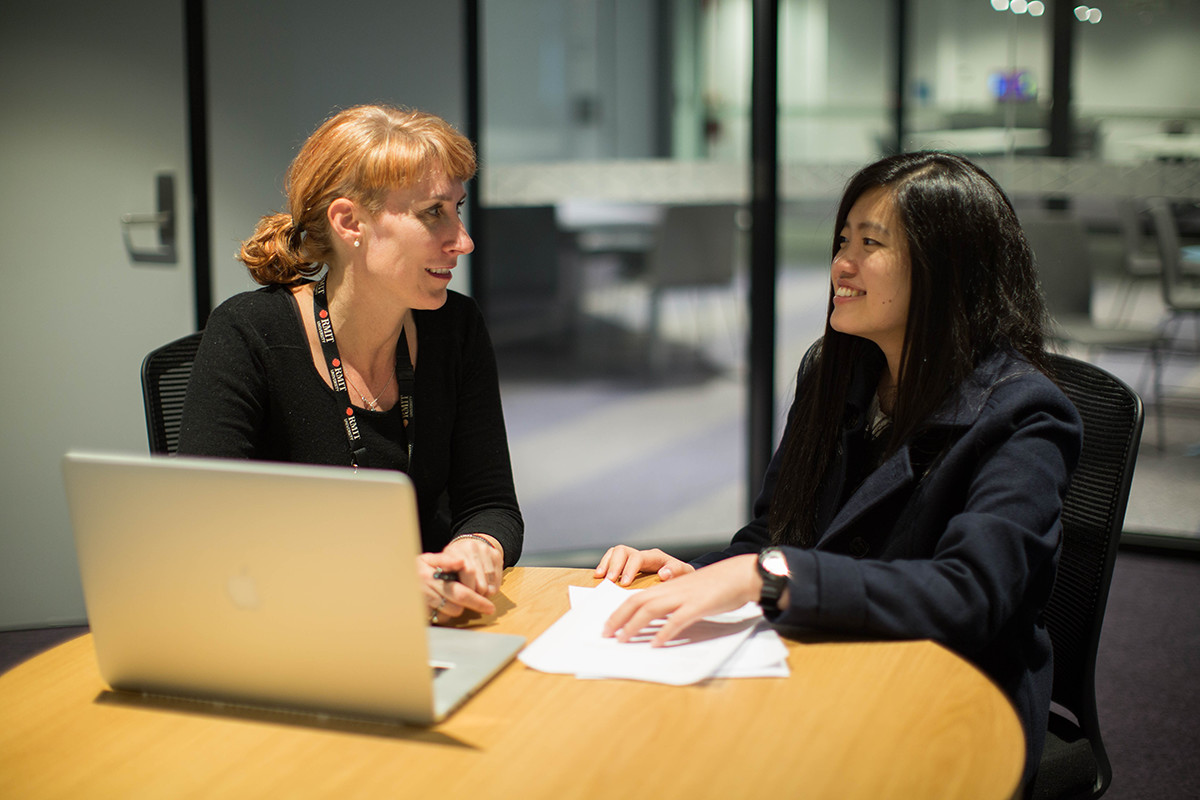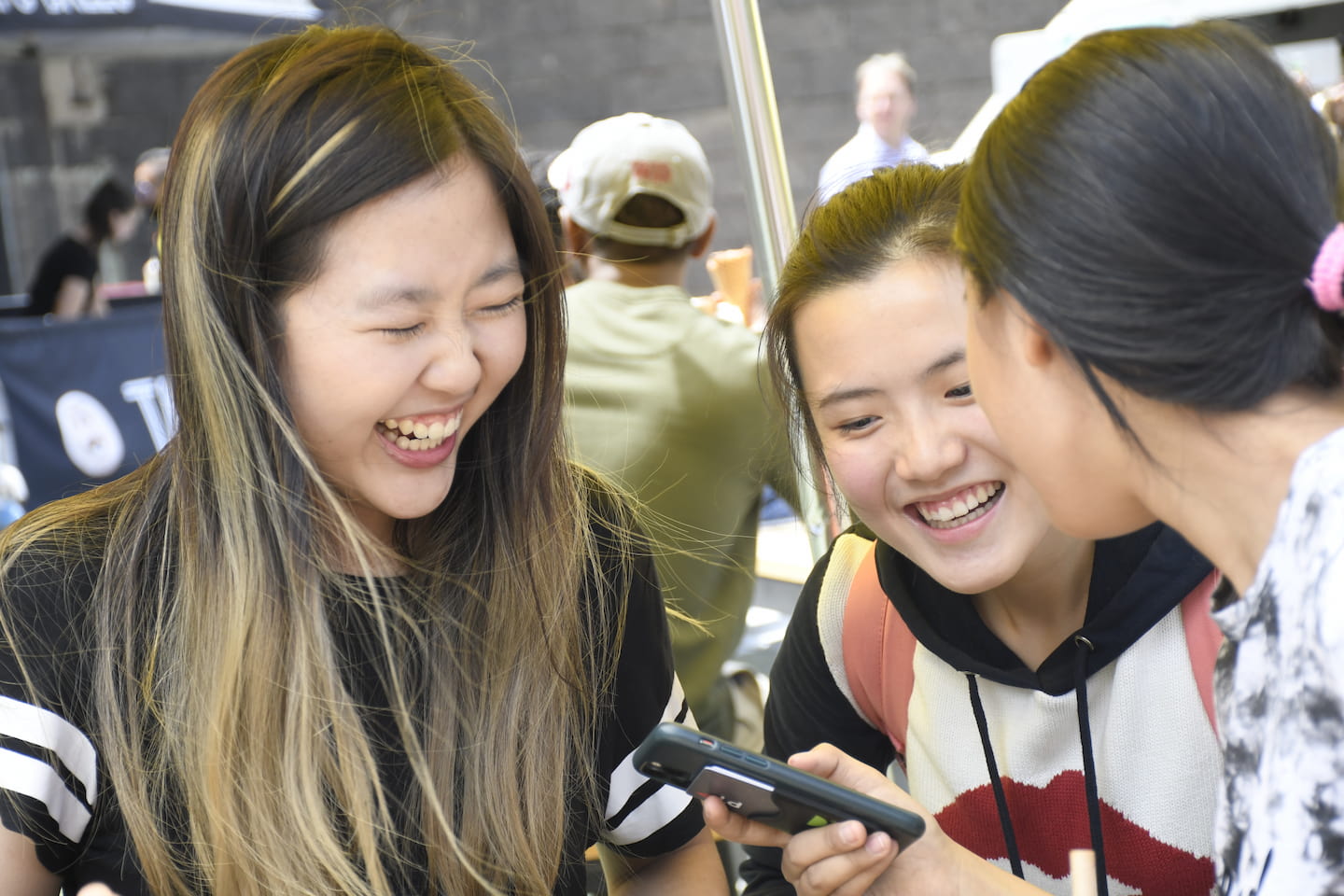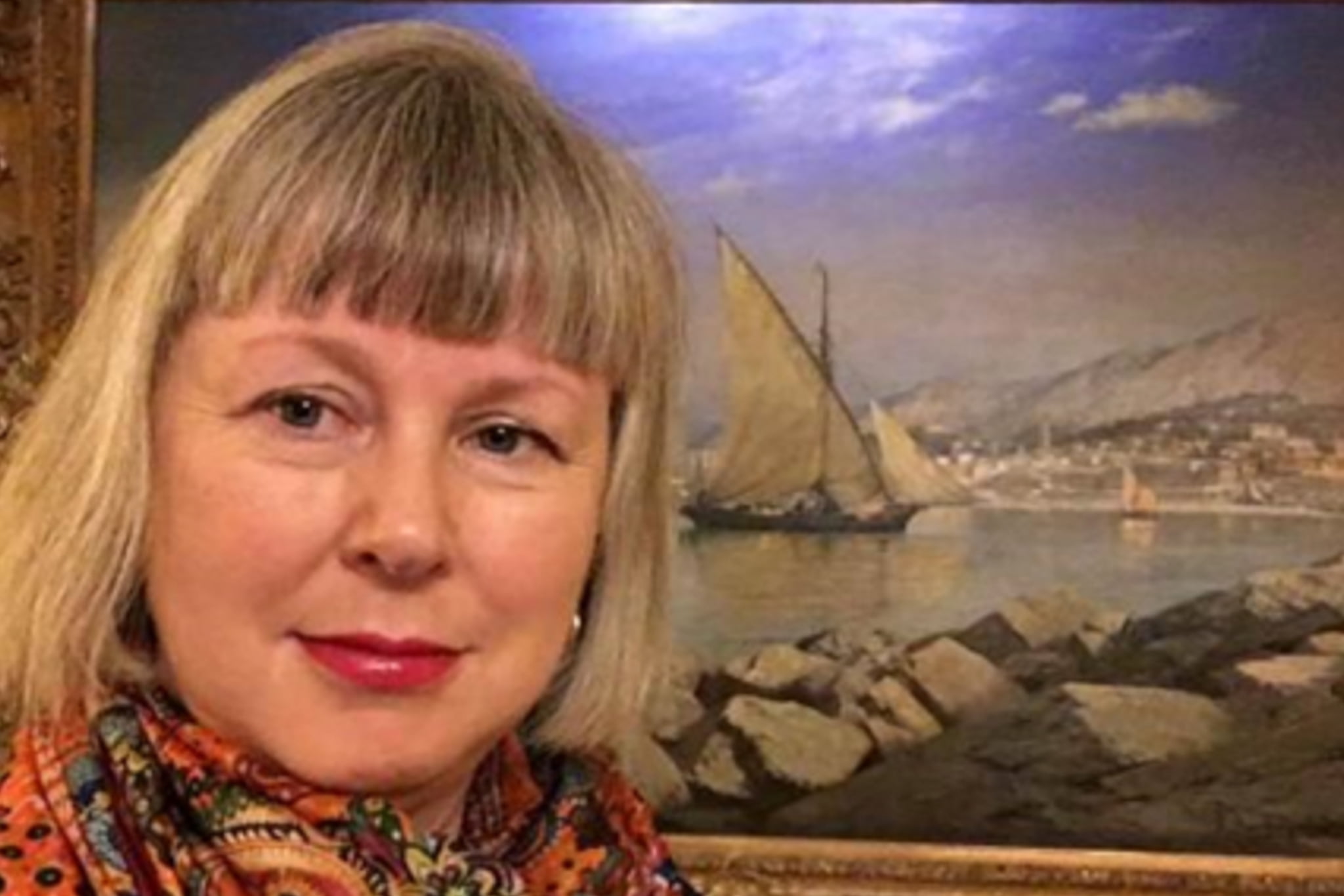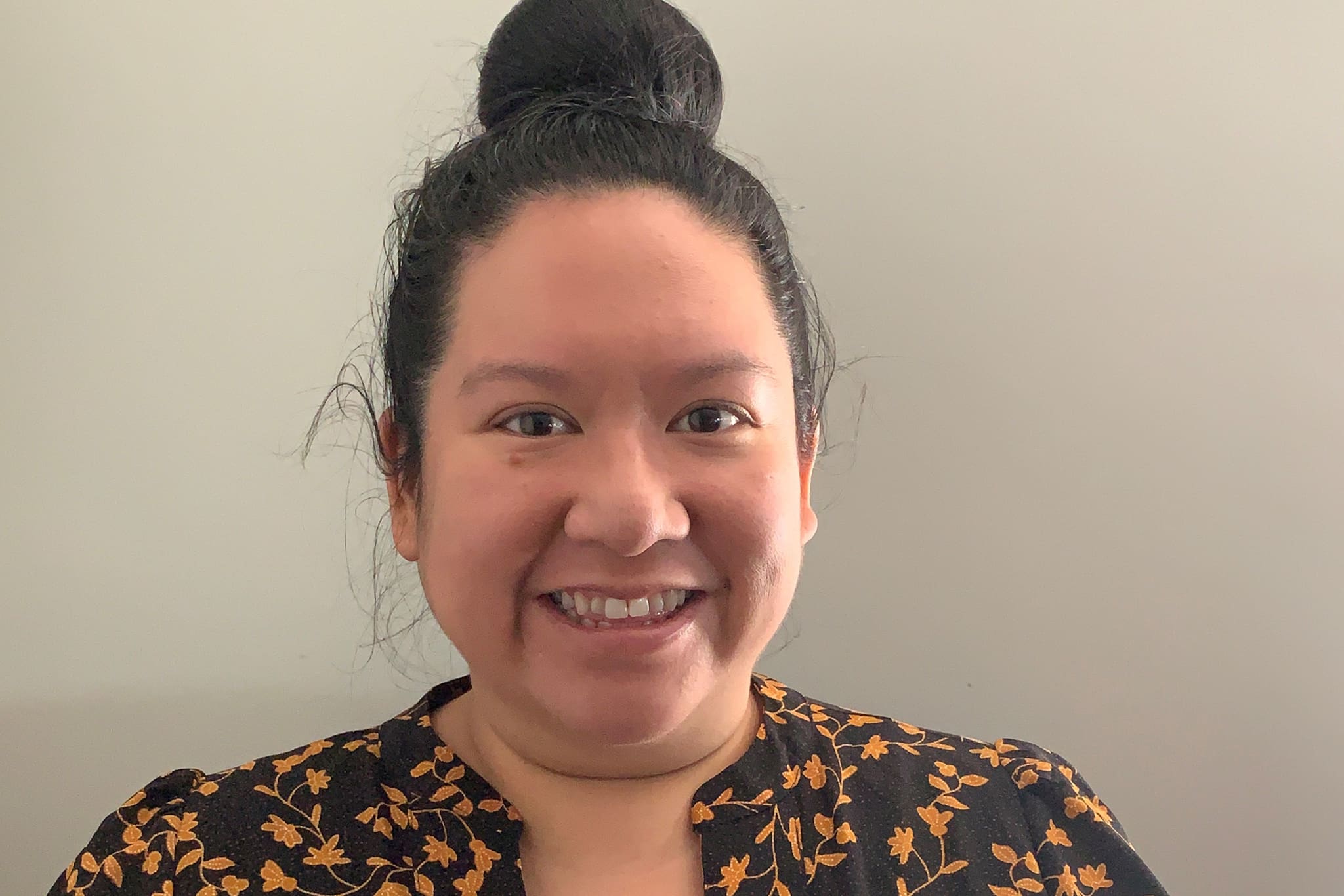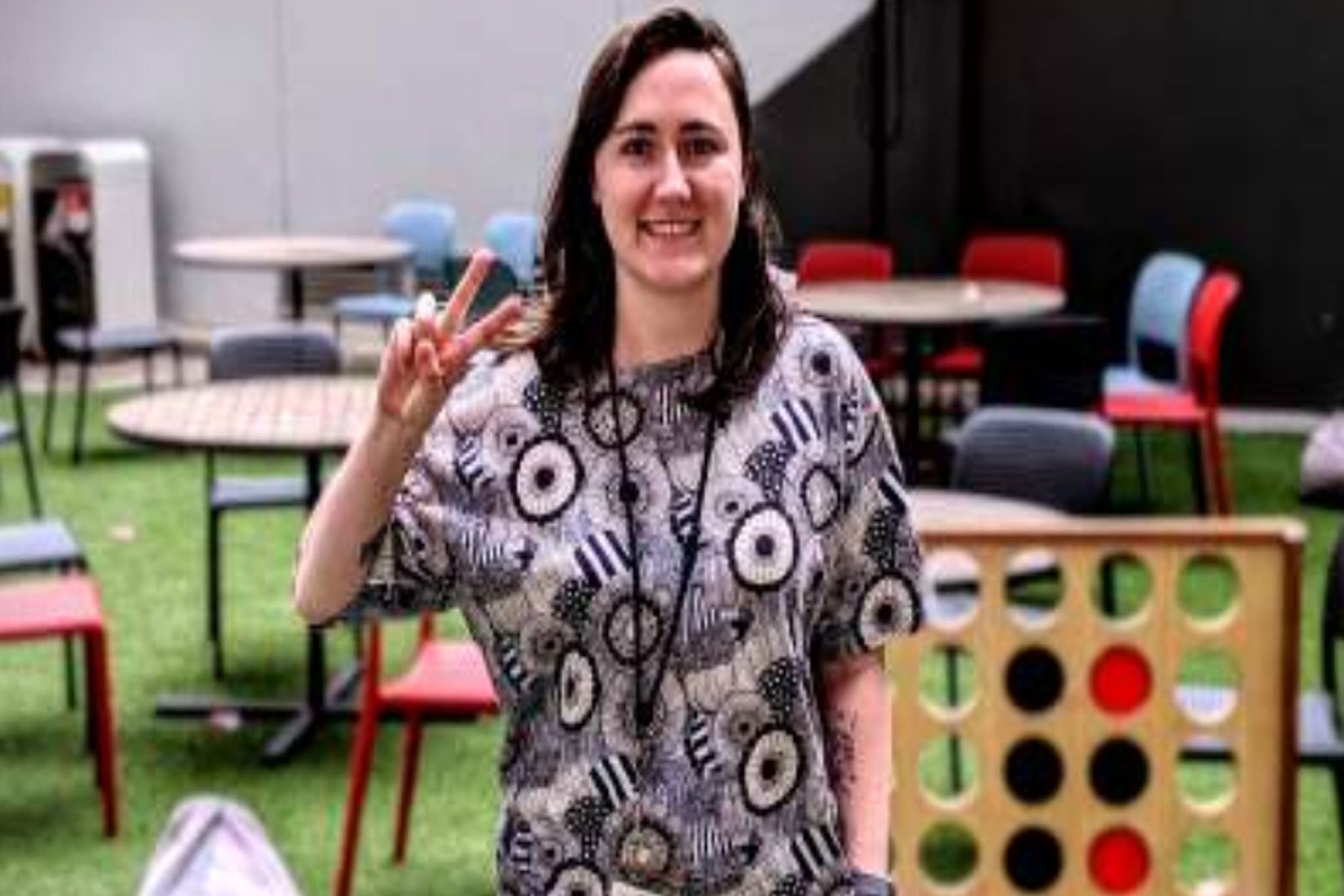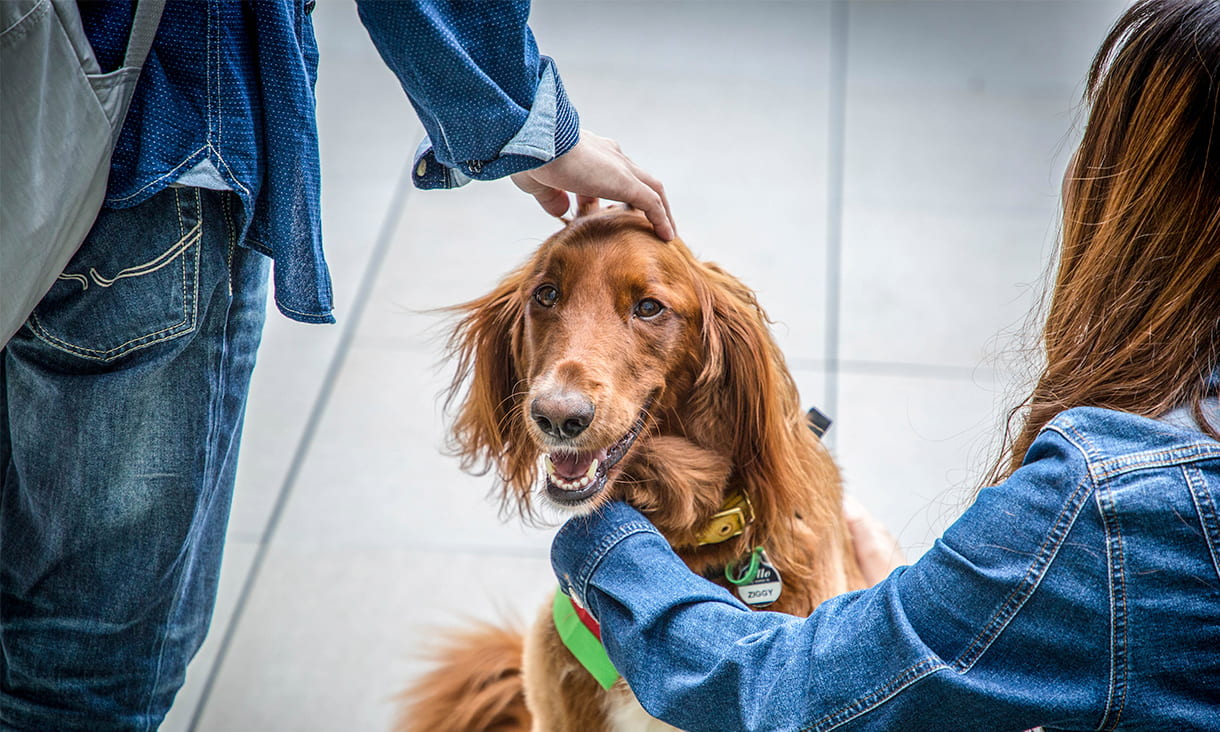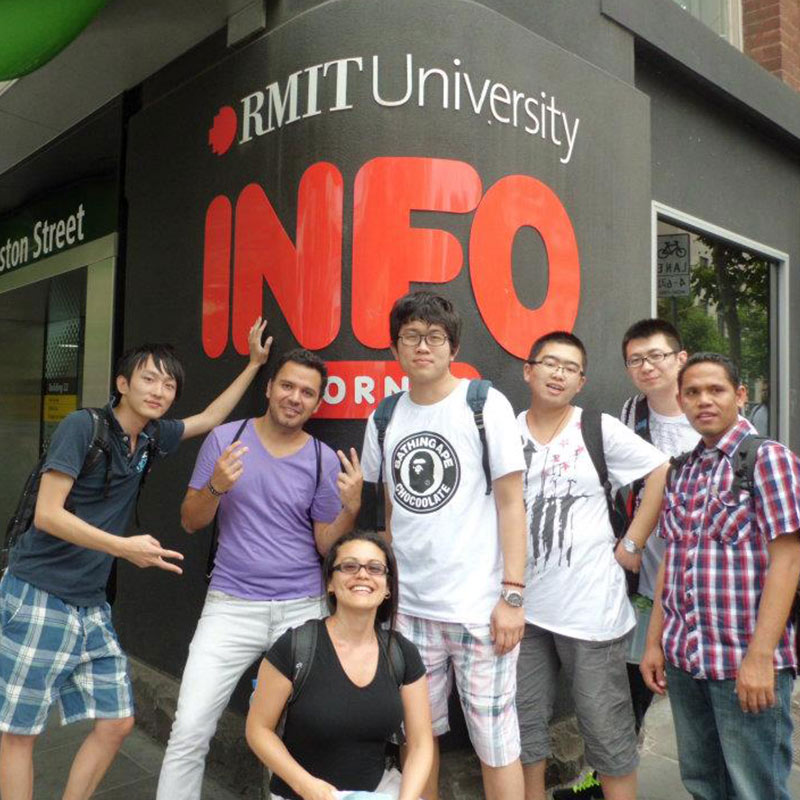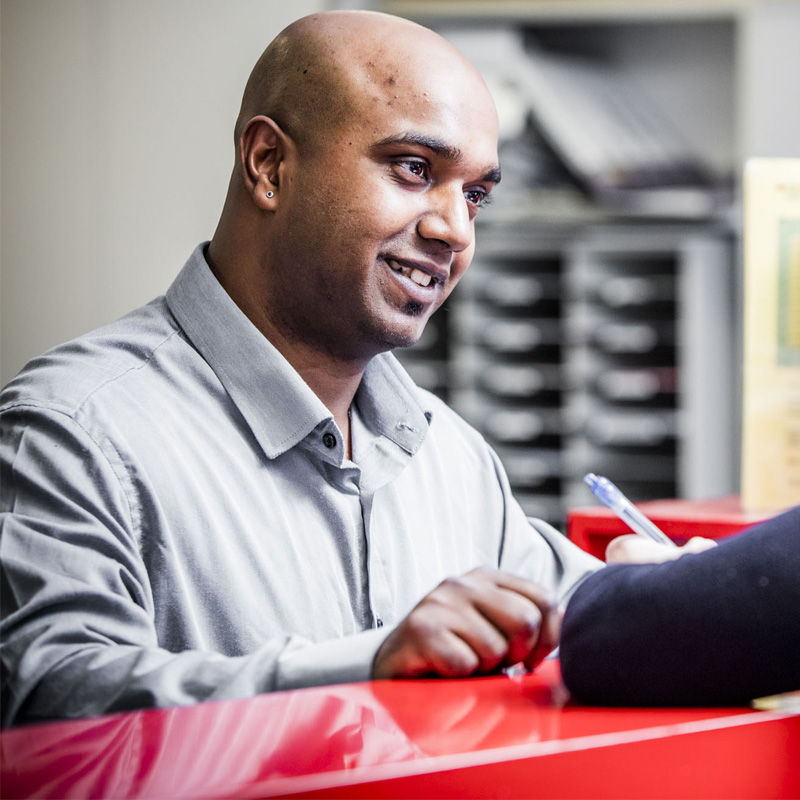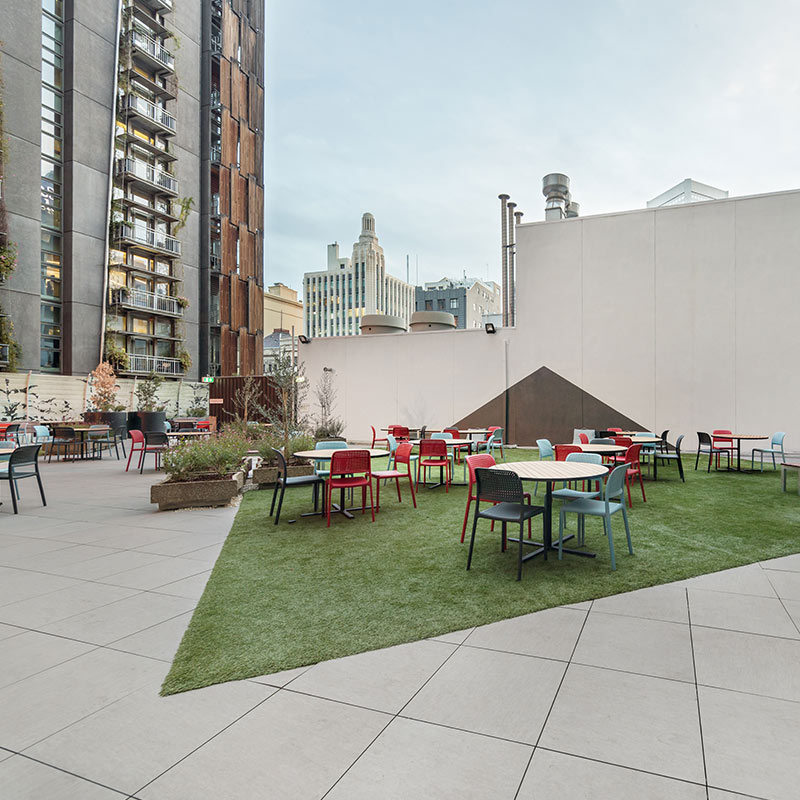Duration: 1:41 mins
[Additional information] Ronnell stands in a Melbourne street at a Tram stop during the evening and speaks directly to the camera.
Ronnell: Hi, my name is Ronnell, I'm a Protective Services Officer or PSO, working across the Melbourne train network.
Visual: The camera pans and shows Ronnel and her PSO partner smiling as they patrol the area.
Ronnell: I'm here until the last train every day to keep you safe. But we need your help to make sure everyone can reach their destination safely.
Visual: Two women walk up a set of stairs and various camera shots show PSO's in different situations patrolling the areas.
Ronnell: Victoria Police Protective Services Officers are deployed to over 200 train stations in metropolitan, Melbourne, and major regional train stations.
Visual: The two women approach the PSO's for assitance. The PSO's acknowledger them, listen, speak through their radio's and then walk towards and stop a suspicious man in a hoodie.
Ronnell: If you ever feel unsafe during your commute, we need you to let us know. If you see or hear something suspicious, if you encounter inappropriate behavior from another commuter, or if you witness a crime, please talk to a PSO. We will take the appropriate steps to investigate the situation.
Visual: Various footage shows different people having conversations with the PSO's.
Ronnell: Don't be afraid to approach us. If you're in trouble or you need our help, we won't ask to see items such as your visa, passport or Myki travel card. We will only ask for information that will assist us to help you, such as a description of the incident or offender. I have a number of powers that allow me to respond to behaviors and offenses on and in the vicinity of the railway station.
[Additional information] The following information Ronnel speaks also appears as text on screen.
Ronnell: I have the power to request, name and address, arrest, and detain offenders, search people and property and seize items such as, weapons, graffiti implements, alcohol and drugs, issue infringement notices, and issue a direction to move on from the area. So when you see us at a railway station, don't be alarmed, we are there to help you.
Visual: Three PSO's stand together at a train station and smile at the camera while the officer in the middle speaks.
PSO Officer: We're working together to keep you safe.
Visual: Slow-motion camera pan focusing on officers doing their job at sunset.
[END CREDITS] Victoria Police logo

